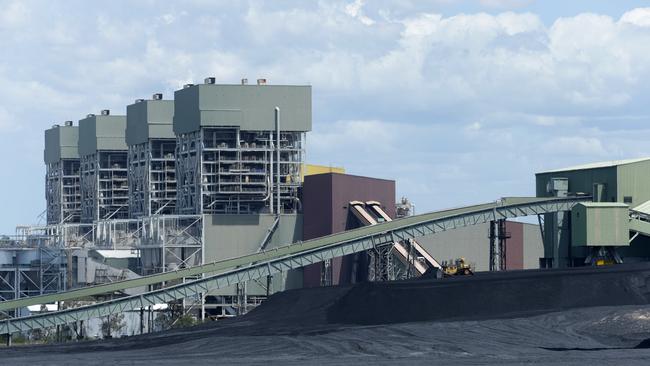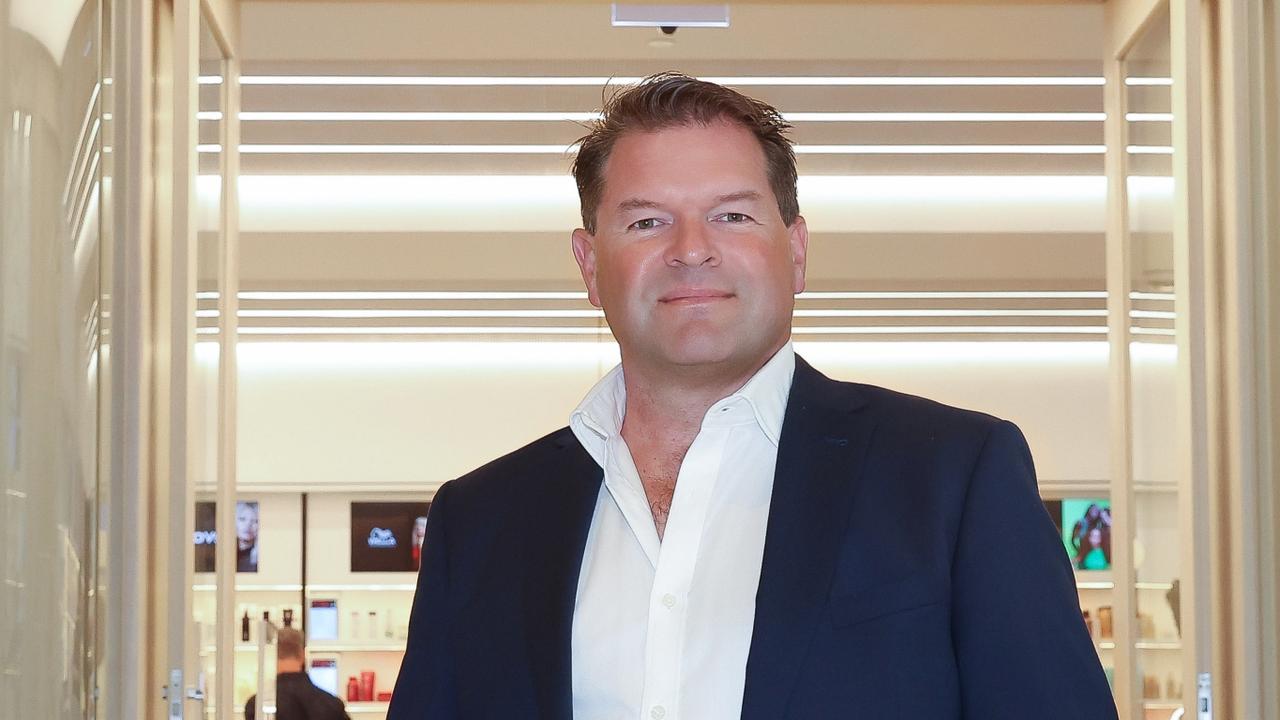Super funds push harder on ESG climate commitments
Australia’s biggest carbon polluters will be targeted over their move to net zero emissions by the Climate Action 100+ initiative.

Australia’s biggest carbon polluters will be targeted over their move to net zero emissions by the Climate Action 100+ initiative as part of a move to benchmark companies over their commitment to tackle climate change.
Companies including Rio Tinto, BHP, AGL Energy, Woodside Petroleum, Woolworths and Qantas will be called on to commit to net zero emissions and detail strategies for how they will cut pollution, with the climate group to measure performance spread across 30 indicators.
The Climate Action 100+ initiative controls $US47 trillion ($64 trillion) in global investment and is backed by major superannuation funds AustralianSuper, AMP Capital, Cbus, IFM Investors, QSuper and BT Financial.
While a slew of corporates including Rio and BHP have committed to net zero emissions by 2050, investors require more clarity on how big polluters shape up and how companies’ medium-term strategies will change to reach their goals. Fifty of the 160 global companies it tracks have already committed to net zero emissions goals.
“It’s one thing for a company to make that high level commitment and it’s good progress that they have. But now we’re trying to bed down what does it actually mean to fulfil that commitment,” said Andrew Gray, AustralianSuper’s head of environmental, social and corporate governance.
“Climate Action investors have a healthy skepticism when it comes to companies making net zero 2050 commitments and so this is about cutting through that and saying let’s get some rigour beneath that to indicate it is genuine and there is a proper pathway being planned here to achieve it.”
Unresponsive or poorly performing companies will be targeted through shareholder activity at annual general meetings in 2021. The benchmark indicators include companies’ ambition, targets, decarbonisation strategy, capital alignment, climate policy support, governance and reporting.
The original target for Climate Action 100 when it was created in 2017 was for companies to reduce emissions in line with the Paris climate agreement, but that has since been overtaken both by some companies targeting more aggressive goals and a more pressing need for action, Australian Super said.
“We’ve been engaging with companies on that goal in the last two and a half years and the time has come now to take it to the next level and be more specific. This new net zero 2050 benchmarking framework is really getting more granular as to what that ask actually is,” Mr Gray said.
Australian businesses are increasingly under pressure on climate change as institutional investors use their power to hold companies to account and improve their environmental performance.
The green pressure group wants the biggest emitters to take action to cut greenhouse gas emissions in line with the Paris agreement of limiting temperatures to well below two degrees above pre-industrial levels.
BHP boss Mike Henry said last week he would put 10 per cent of his leadership team’s bonus payments on the line over the mining giant’s plan to reduce its carbon emissions by 30 per cent by 2030, as the company outlines its approach to dealing with its contribution to climate change over the next decade.
Rio has promised to meet net-zero carbon emissions by 2050 in its own operations, and reduce them by 15 per cent from 2018 levels by 2030, planning to spend $US1bn on carbon-reduction measures over the next five years. But it has resolutely refused to set targets for its customers, despite peers such as BHP, Glencore and Vale agreeing to set scope 3 targets.




To join the conversation, please log in. Don't have an account? Register
Join the conversation, you are commenting as Logout